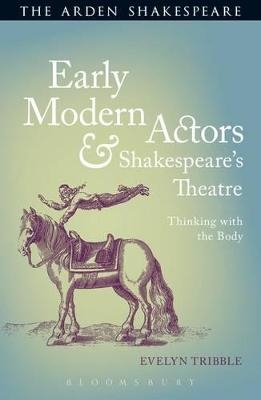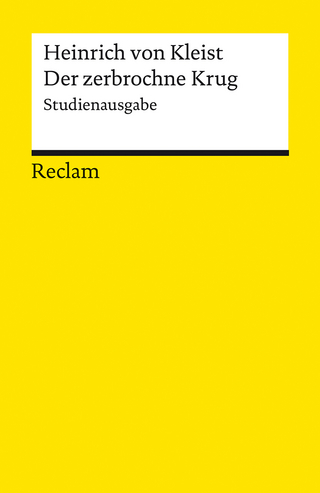
Early Modern Actors and Shakespeare's Theatre
Thinking with the Body
Seiten
2019
The Arden Shakespeare (Verlag)
978-1-4725-7602-6 (ISBN)
The Arden Shakespeare (Verlag)
978-1-4725-7602-6 (ISBN)
What skills did Shakespeare’s actors bring to their craft? How do these skills differ from those of contemporary actors? Early Modern Actors and Shakespeare's Theatre: Thinking with the Body examines the ‘toolkit’ of the early modern player and suggests new readings of the plays of Shakespeare and his contemporaries through the lens of their many skills.
Theatre is an ephemeral medium. Little remains to us of the plays of Shakespeare and his contemporaries: some printed texts, scattered documents and records, and a few scraps of description, praise, and detraction. Because most of what survives are printed playbooks, students of English theatre find it easy to forget that much of what happened on the early modern stage took place within the gaps of written language: the implicit or explicit calls for fights, dances, military formations, feats of physical skill, song, and clowning. Theatre historians and textual editors have often ignored or denigrated such moments, seeing them merely as extraneous amusements or signs that the text has been ‘corrupted’ by actors. This book argues that recapturing a positive account of the skills and expertise of the early modern players will result in a more capacious understanding of the nature of theatricality in the period.
Theatre is an ephemeral medium. Little remains to us of the plays of Shakespeare and his contemporaries: some printed texts, scattered documents and records, and a few scraps of description, praise, and detraction. Because most of what survives are printed playbooks, students of English theatre find it easy to forget that much of what happened on the early modern stage took place within the gaps of written language: the implicit or explicit calls for fights, dances, military formations, feats of physical skill, song, and clowning. Theatre historians and textual editors have often ignored or denigrated such moments, seeing them merely as extraneous amusements or signs that the text has been ‘corrupted’ by actors. This book argues that recapturing a positive account of the skills and expertise of the early modern players will result in a more capacious understanding of the nature of theatricality in the period.
Evelyn Tribble is Donald Collie Chair and Professor of English at the University of Otago, Dunedin, New Zealand.
Chapter 1: Mindful Bodies: Skill Ecologies in Early modern England
Chapter 2: Opening Simon Jewell’s Box: The Player’s Toolkit
Chapter 3: ‘Skill of weapon’
Chapter 4: Dancing, Music, and Song
Chapter 5: The Skill Behind the Skills: Elocution, Memory, ‘Vigilancy,’ and ‘Pregnancy of Wit’
Chapter 6: Conclusion: Reading Through the Lens of Skill
Bibliography; Index
| Erscheint lt. Verlag | 18.4.2019 |
|---|---|
| Zusatzinfo | 10 bw illus |
| Verlagsort | London |
| Sprache | englisch |
| Maße | 129 x 198 mm |
| Gewicht | 260 g |
| Themenwelt | Literatur ► Lyrik / Dramatik ► Dramatik / Theater |
| Kunst / Musik / Theater ► Theater / Ballett | |
| Geisteswissenschaften ► Sprach- / Literaturwissenschaft ► Anglistik / Amerikanistik | |
| Geisteswissenschaften ► Sprach- / Literaturwissenschaft ► Literaturgeschichte | |
| Geisteswissenschaften ► Sprach- / Literaturwissenschaft ► Literaturwissenschaft | |
| ISBN-10 | 1-4725-7602-0 / 1472576020 |
| ISBN-13 | 978-1-4725-7602-6 / 9781472576026 |
| Zustand | Neuware |
| Haben Sie eine Frage zum Produkt? |
Mehr entdecken
aus dem Bereich
aus dem Bereich
Der Tragödie erster und zweiter Teil. Urfaust
Buch | Hardcover (2021)
C.H.Beck (Verlag)
CHF 15,90
Kleist, Heinrich von – Deutsch-Lektüre, Deutsche Klassiker der …
Buch | Softcover (2024)
Reclam, Philipp (Verlag)
CHF 11,90


